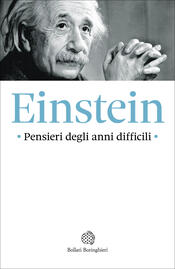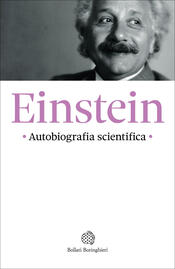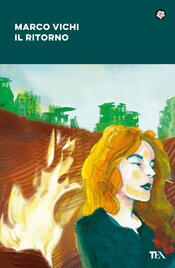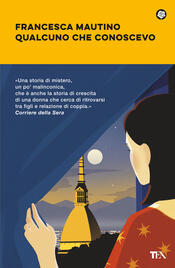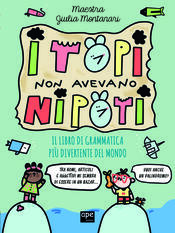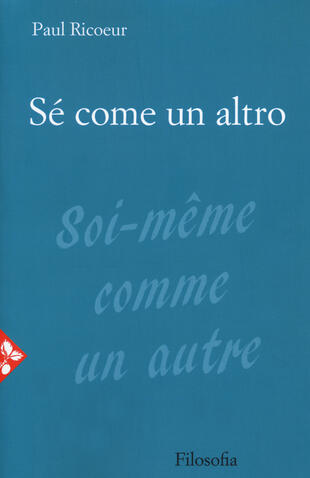

Sinossi
La serie di questi studi è attraversata da tre prospettive filosofiche. Nella prima, viene ricercato per il sé uno statuto che sfugga alle alternanze della esaltazione e della decadenza, che affettano le filosofie del soggetto alla prima persona: dire sé non è dire io. Ritenuto il riflessivo di tutte le persone grammaticali - come nell'espressione "la cura di sé" -, il sé postula la deviazione attraverso analisi che portino ad articolare in modo diverso la questione chi? Chi è il parlante del discorso? Chi è l'agente o il paziente dell'azione? Chi è il personaggio del racconto? A chi viene imputata l'azione posta sotto l'egida dei predicati "buono" od "obbligatorio"? Indagini essenzialmente improntate alla cosiddetta filosofia analitica, con la quale l'ermeneutica del sé entra in un dibattito molto serrato. Seconda prospettiva: l'identità suggerita dal termine "méme" va scomposta in due principali significazioni: l'identità-idem di cose che permangono immutate nel tempo, e l'identità-ipse di colui che mantiene sé stesso soltanto sul modo di una promessa mantenuta. Infine l'antica dialettica del Medesimo e dell'Altro deve essere rinnovata se l'altro da sé si dice in molti modi: il "come" dell'espressione "sé come un altro" può significare, allora, un legame più stretto rispetto a qualsiasi comparazione: sé in quanto altro.
- ISBN: 8816416408
- Casa Editrice: Jaca Book
- Pagine: 494
- Data di uscita: 27-08-2020
Recensioni
This is an ambitious synthetic work whose span is hard to define. Two philosophical projects run parallel to each other: first, a subtle account of the human person, in which action, imputation and attestation take central roles; second, an attempt to interpret the human person, no longer with the s Leggi tutto
اصعب كتاب قريته لحد الان مع ذلك يستحق القراءة … يحتاج تركيز ومعرفة بكم موضوع قبل قراءته طبعا ما گدرت استوعب كلشي بي بس انا راضي باللي وصلتله كتاب يخليك تفكر هواي وتركز هواي يستاهل الوكت اللي صرفته عليه Leggi tutto
La tesis nuclear de Ricoeur en este libro es: dejemos atrás el yo egoico [moi] para reforzar el yo propio [je], que no es otra cosa que el "sí mismo" comprendido como cualquier otro; es decir, todos somos sí mismos que se interrelacionan sin una jerarquía marcada en nuestra composición. En clave aris Leggi tutto
htela sam da se ubijem
Who am I? What am I? How should we understand selfhood? These are all questions Paul Ricoeur seeks to answer in Oneself as Another , which is in many ways a sequel to Time and Narrative . In his exploration of selfhood, Ricoeur places his account between the foundational subject of Descartes upon whic Leggi tutto
For the theologian Ricoeur’s work presents both a tough challenge and an indispensable source of inspiration. On the first assertion one can say, that Ricoeur’s work belongs to the most astute thinking that philosophy has to offer resulting in more aporias than this thinker would want his theologica Leggi tutto
In a semester full of theories of selfhood, this book stood out as perhaps the most hopeful and certainly the most useful for anyone whose interests include disability studies. Ricouer's careful tracing of constructs of self from the grammatical to the ethical is exhaustive, and his assertion that s Leggi tutto
Citazioni
Al momento non ci sono citazioni, inserisci tu la prima!





